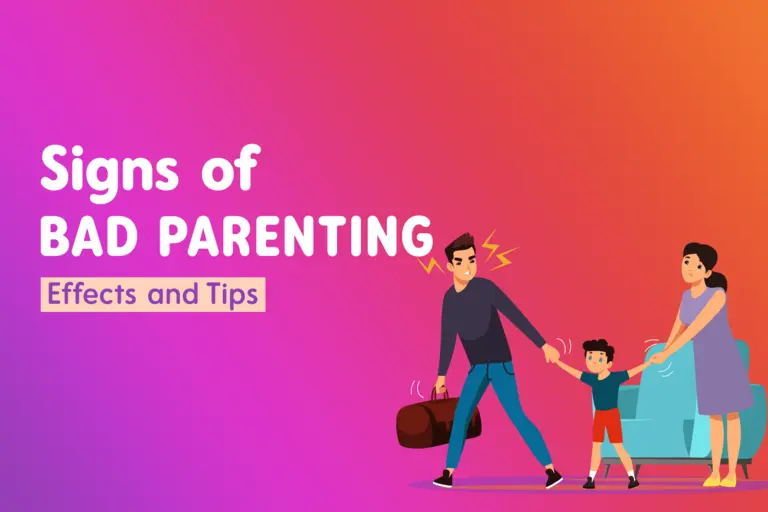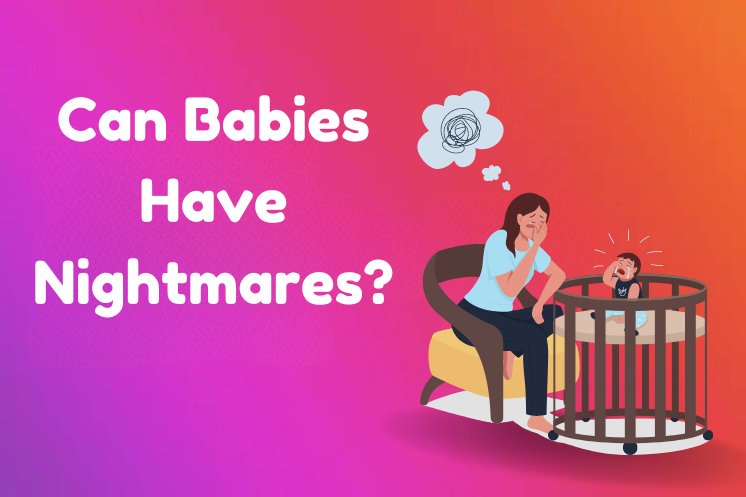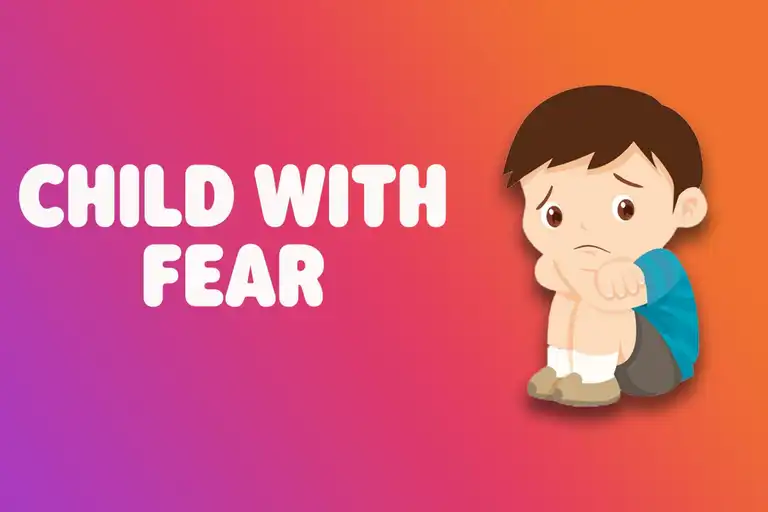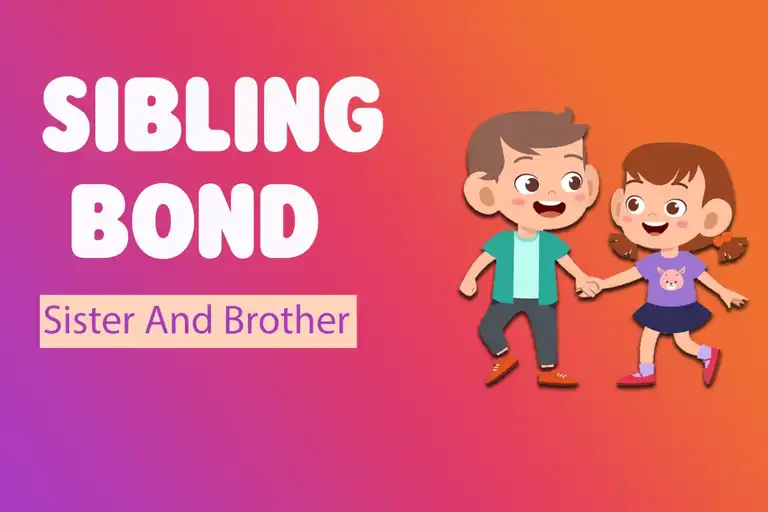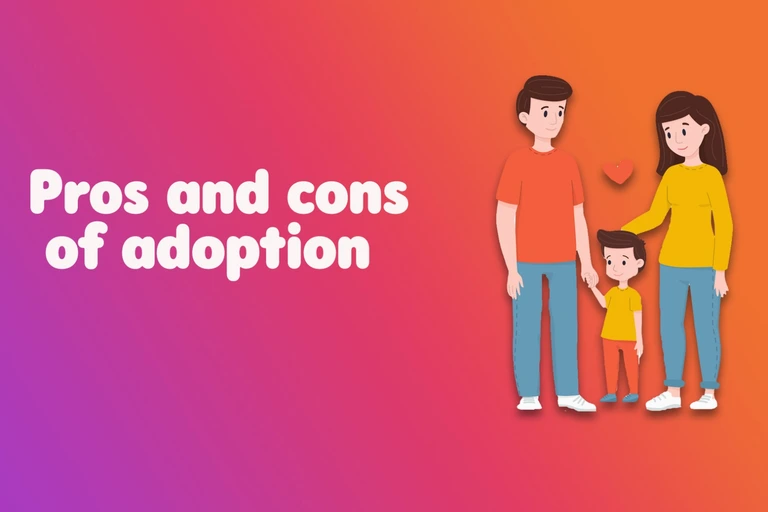20 Signs of Bad Parenting: Effects on Children and How to Change
Discover the 20 signs of bad parenting and understand the lasting effects on children. Learn how to make positive changes in your parenting style.
What is bad parenting?
Bad parenting typically refers to the actions and behaviors of parents that have a negative impact on their children’s emotional, psychological, and physical well-being. Another sign of bad parenting includes the failure of keep track of child’s day to day activities. Bad parenting is a toxic exercise. It can include neglecting the basic needs of child, constant abuse, lack of support, and wrong discipline methods. However, on the other hand, good parenting involves providing love, guidance, and a nurturing environment to help children develop into happy and well-grown individuals.
What are the signs of bad parenting?
When parents put themselves and their peace of mind before their kids, that’s bad parenting. It’s not true that all parents take this deliberate action. Sometimes, parental actions can unintentionally result in poor parenting. A child’s physical and mental development is negatively impacted by these ineffective parenting techniques. There are some cases where parents are seemed to copy what they were taught by their ancestors. These worse parenting practices are being copied generation by generation blindly. When children experience such bad behaviors, they become aggressive, stubborn and depressed. They do things forcefully, but they do not accept this behavior in actual.
Over or under-involvement
One sign of poor parenting is being either over-involved or under-involved in your child’s life. Over-involvement can lead to dependence and a lack of independence in children, while under-involvement can result in a lack of emotional support and guidance. Here are two different perspectives in this cause. Some parents are over-protective by nature. They want to know everything happening in the life of their children. This over-involvement is as harmful as under-involvement. Parents do not take concern of what the child is doing in school or at home. This is worst form of bad parenting.
Little or no discipline
A lack of discipline is another sign of bad parenting. When parents fail to set boundaries and enforce rules, children may develop a sense of entitlement and lack the necessary self-control. It is a common practice that parents scold their child when they do anything bad in front of relatives. But they don’t look at the root of the bad behavior. They do not train children to behave properly at home. The learning starts from home. If parents will ignore the bad habits at home, they must not complain if the child do the same outside.
Strict or rigid discipline
On the other hand, overly strict or rigid discipline can also be indicative of bad parenting. This can create fear and anxiety in children, hindering their ability to explore, learn, and express themselves. In the learning years, children wish to touch everything, play with everything. But parents do not give enough freedom to let children do so. Parents do not provide reasons, they just strict them to not do so. This behavior leads to anxiety among babies.
Shaming
Shaming is a harmful parenting practice that can have long-lasting effects on children. When parents shame their children for their mistakes, it can damage their self-esteem and create feelings of unworthiness, an outcome of bad parenting skills. When parents shame children, they are unintentionally making them feel bad. Children feel a sense of inadequacy. This is a very cruel parenting technique as it develops low confidence, low self-esteem and antisocial behavior. It also affects the academic achievements of the child.
Demand blind obedience
One sign of bad parenting is when parents demand blind obedience from their children without explaining the reasons behind their rules. This can stifle critical thinking and hinder the development of autonomy in children. Parents who use authoritarian parenting actually lacks logical reasoning. Children demand reasons behind everything, they are supposed to stop. If the parents will not justify the reason, child will become stubborn.
Don’t monitor or control a child’s bad behavior
Another sign of bad parenting skills is when parents fail to monitor or control their child’s bad behavior, a key example of how not to engage in authoritative parenting and how such negligence can make your child struggle with discipline. Ignoring or dismissing negative behaviors can enable them to continue and hinder the child’s social and emotional development.
Wrong controlling
When parents exert control over their children for the wrong reasons, such as to fulfill their own needs or desires, it can be a sign of bad parenting. This is an example of how a parenting philosophy can go awry, often due to harsh parenting. Children need autonomy and a sense of control over their own lives to develop a healthy sense of self. Over-controlling behavior from parents can make you a bad parent.
Consistently choose comfort over effective parenting techniques
Parents who consistently choose easier parenting practices over better ones may be engaging in bad parenting. Taking shortcuts or avoiding difficult conversations or situations can have negative consequences for a child’s development.
Refuse to take responsibility when anything goes wrong.
A sign of bad parenting is when parents consistently deny responsibility for their actions or blame their children when things go wrong, illustrating what makes you a bad parent. This can create a lack of trust and hinder a child’s ability to take responsibility for their own actions.
Physical Abuse
Child abuse is the most severe form of bad parenting. It involves physical, emotional, or sexual harm inflicted on a child by their parent or caregiver. Child abuse, an extreme example of bad parenting, has devastating effects on a child’s physical and psychological well-being.
Neglect
Neglect is another form of bad parenting that involves failing to meet a child’s basic emotional, physical, and psychological needs. Prolonged neglect, an example of bad parenting, can result in developmental delays, poor academic performance, and difficulties forming healthy relationships.
Emotional abuse
Emotional abuse is a form of bad parenting that involves constant criticism, humiliation, or rejection of a child. It can have long-lasting effects on a child’s self-esteem, mental health, and overall well-being.
leaving alone the child with fear
Kids always need the support of parents. Especially when a child is coping with some fear or anxiety, this support is crucial. If parents neglect the child and do not listen to the child, this is a bad parenting technique.
All Advice, No Encouragement
When parents focus solely on advising without encouraging, it can be a sign of bad parenting. Children need a balance of guidance and support to succeed and develop self-confidence.
Not Defining Rules
Another sign of bad parenting is when parents fail to set clear rules and expectations for their children. Without boundaries, children may struggle to understand what is expected of them and engage in risky or inappropriate behavior.
Lack of Moral Support
A lack of emotional support from parents can be detrimental to a child’s well-being. When parents fail to offer validation, understanding, and empathy, children may feel lonely, misunderstood, and unsupported.
Comparison with other children
Comparing your child to others can be damaging and a sign of bad parenting. Constant comparison can lead to feelings of inadequacy, low self-esteem, and strained relationships with peers and family members. Parents play a significant role in building a strong sibling bond. However, sometimes parents make unfair comparisons, which may lead to sibling rivalry. That’s why it is important to opt for careful parenting strategies. Learn how parents can play a crucial role in building and maintaining a strong sibling relationship.
Not Proud of child’s Achievements
Parents who fail to show pride and celebrate their child’s achievements may be engaging in bad parenting. Children need positive reinforcement and recognition to develop a healthy sense of self-worth and motivation.
Employing a Critiquing Accent
A negative and criticizing tone can be a sign of bad parenting, often doing more harm than good in the development of a child’s self-esteem. Constant criticism, a form of harsh parenting, erodes a child’s self-esteem and can lead to feelings of shame and worthlessness.
Not respecting Child’s Feelings
When parents fail to respect and validate their child’s feelings, it can be a sign of bad parenting. Asking your child about their feelings is a better approach. Children need a safe space to express their emotions and have them acknowledged and understood.
Lack of Trust
A lack of trust between parents and children can be indicative of bad parenting. When children feel that their parents don’t trust them or vice versa, it can result in strained relationships and hinder communication.
Not Spending enough Time
Not giving enough time and attention to your child is a sign of bad parenting. Children need quality time with their parents to build strong emotional bonds and develop a sense of belonging.
Impact of Bad Parenting on Children
Negative self-perception
Children who experience bad parenting often develop negative self-perception, a sad consequence of poor parenting practices. They may struggle with low self-esteem, self-doubt, and feelings of inadequacy, effects of poor parenting on child development.
Antisocial Behaviors
Another impact of bad parenting is the development of antisocial behaviors, demonstrating the profound effects of poor parenting. Children may struggle with aggression, defiance, and difficulty following rules or empathizing with others due to the consequences of bad parenting.
Depression
Bad parenting can also contribute to the development of depression in children, showcasing the severe consequences of bad parenting practices. Feelings of neglect, low self-worth, and a lack of emotional support can lead to depressive symptoms.
Aggression
Children who experience bad parenting may also exhibit aggressive behaviors, a direct consequence of bad parenting strategies. A lack of healthy coping mechanisms and an inability to express emotions appropriately can result in anger and aggression.
Difficulty with Relationships
The effects of bad parenting can impact a child’s ability to form and maintain healthy relationships, teaching your child the wrong approach to interpersonal connections. They may struggle with trust issues, difficulty expressing emotions, and developing meaningful connections with others.
What is cold mother syndrome?
Cold mother syndrome is a term used to describe a parenting style characterized by emotional distance, neglect, and a lack of warmth and affection, a hallmark of authoritarian parenting style. It can have severe negative effects on a child’s emotional development and well-being, a clear indication of how bad parenting affect a child’s growth.
How to Be a Good Parent?
Do Not Shout at Your Child
Instead of shouting, use calm and assertive communication strategies to express your expectations and concerns. This approach aligns with authoritative parenting, offering a better alternative. This promotes a healthy parent-child relationship based on respect and understanding.
Give Appropriate Reasons
When setting rules or boundaries, provide your child with clear and age-appropriate explanations, avoiding the pitfalls of authoritarian parenting style. This helps them understand the reasoning behind the rules and encourages their cooperation.
Set Rules
Establish clear and consistent rules that promote safety, respect, and personal responsibility. Make sure your child understands the consequences of breaking the rules and consistently enforce them.
Give Your Child Choices
Offer your child age-appropriate choices to foster their independence and decision-making skills. This helps them develop a sense of autonomy and allows them to learn from their own experiences.
Listen to Them
Take the time to listen to your child’s thoughts, feelings, and concerns. Validate their emotions and provide them with a supportive and safe space to express themselves.
Inculcate Reward and Punishment
Use a balanced approach of rewards and punishments to reinforce positive behavior and discourage negative behavior. This helps children understand the consequences of their actions and promotes responsible decision-making, countering the effects of bad parenting by teaching your child accountability and foresight.
FAQs
Who can decide whether a parent is a bad parent?
Deciding whether a parent is bad or not can be subjective and context-dependent. It may involve evaluating the well-being and development of the child, the parent’s behavior, and the impact on the parent-child relationship, marking a critical point on the parenting journey.
What is the most harmful parenting style?
Authoritarian parenting, characterized by strict rules, lack of warmth, and excessive discipline, is often considered the most harmful parenting style. It can lead to low self-esteem, anxiety, and difficulties in social relationships, further highlighting the consequences of bad parenting and its ability to do more harm than good in a child’s social development.
What are the most common parenting mistakes?
The most common parenting mistakes include inconsistent discipline, lack of communication, overprotectiveness, and neglecting a child’s emotional needs.
How do you deal with bad parenting?
Dealing with bad parenting involves recognizing the signs, seeking support from professionals or support groups, and focusing on developing positive parenting skills. Examples of bad parenting include neglect and excessive control, both of which severely impact child development and exemplify how bad parenting affects negatively on a child’s growth and self-perception. It’s important to prioritize the well-being and safety of the child.
What is negative parenting?
Negative parenting refers to the use of harmful or ineffective parenting techniques that can have negative consequences on a child’s emotional, psychological, and physical well-being.
What is irresponsible parenting?
Irresponsible parenting involves neglecting a child’s basic needs, failing to provide a safe and nurturing environment, and engaging in harmful or dangerous behaviors in front of the child, causing more harm than good.
What are the long-term effects of bad parenting?
Bad parenting can have a lasting impact on a child’s development and well-being. The effects can include poor self-esteem, emotional and behavioral difficulties, difficulties in forming healthy relationships, and academic and career challenges, all of which are outcomes of bad parenting that fails to properly teach your child crucial life skills.
Can bad parenting lead to autism?
No, bad parenting does not cause autism. Autism spectrum disorder is a neurodevelopmental condition that is believed to have genetic and environmental factors. Bad parenting may have an effect on a child’s emotional well-being but is not a direct cause of autism. However, the question,

